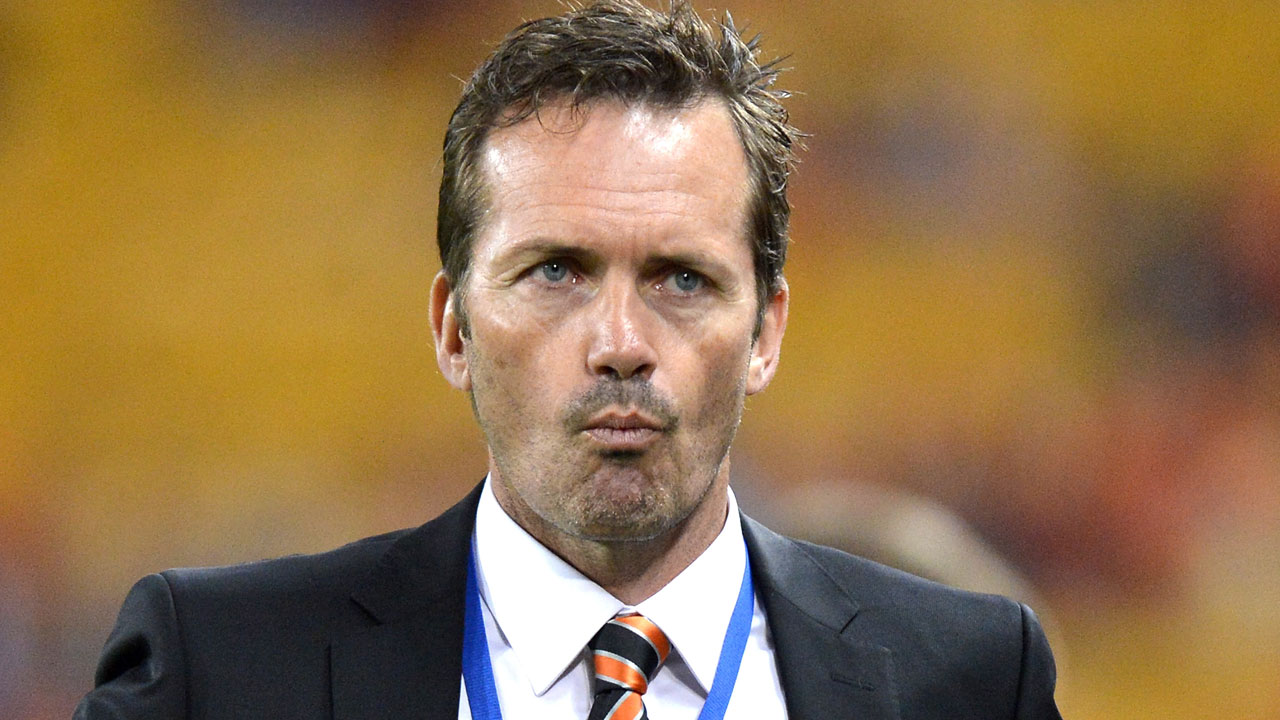Last week's tawdry display from Sanfrecce Hiroshima in the ACL was proof of the problems the J-League has with maintaining its status as the premier soccer competition in Asia. Hiroshima were below, below par. They were tepid! And no, I'm not just saying that because I did my dough on the Purple Archers. Their performance highlights the waning standards of the J-League: as it is pilfered of it's best talent by European clubs, can't match China's ability to attract quality foreigners, and is detrimentally affected by the closeness of it's own competition.
Hiroshima have long been a bugbear of mine. Back to back champions of the J-League, they've gotten much mileage out of playing a rather drab brand of soccer. I'm not the only one who believes this, as Chris Collins of World Football Weekly recently twat of Hiroshima,
"Not sure what cattenaccio is in Japanese but they've mastered it." (March 1st). After the nine hour flight to Australia we heard stories of jetlag, but Hiroshima managed to go ahead in the 21st minute - dominating possession. However, when Central Coast Mariners fought back and took the lead, Hiroshima were lost. Unable to employ their usual 'sit and hit' tactics, Moriyasu's men had to chase the game, but found the out of form Mariners too tough to break down.
Yes, Hisato Sato and 34 year old midfielder Mihael Mikic were absent, but the Mariners have a line-up that has been mined of talent, and Hiroshima should have been able to get the job done if the J-League is what it's cracked up to be.
What's stifling the J-League can't be narrowed down to one issue, but one pertinent problem is the closeness of it's own competition. J-League champions of the last five years have lost 8 matches or more out of 34 league matches. That means, virtually every fourth match, the number one team in the J-League will lose. Comparing that with leagues around the world certainly paints a poor picture of the quality of Japanese champions. Go to England's Premier League and the percentage there for the last two seasons is 1 in every 7.6 matches, in Germany it has been 1 in every 34 matches (2012/13) and 1 in every 11.3 matches in 2011/12, while in Spain it's every 19th match. In China, the losing percentage definitely indicates a true champion also, 2013 it was 1 in every 30 matches while in 2012 it was 1 in every 5. People will always debate that 'one sided leagues' or two sided leagues such as Spain's are unappealing, and I'd rather the J-League doesn't get to that extreme, but in recent years the competition's champions have merely been default, or
clayton's champions.
Along with default champions Japanese players are now shining brightly on European radars. In recent times the J-League has simply been pilfered of promising talent to the point that Japanese authorities are considering putting promising young footballers on the endangered species list. Yes, the nostalgic value of playing in Europe pervades the thoughts of young football professionals and will for a long time into the future, but the recent trend has even seen the mid 20s reliable professional disappearing also. European clubs are rubbing their hands and damaging the league by selling the dream to the many technically skilled Japanese. Mu Kanazaki is a classic example. The former Nagoya Grampus wing-man was hardly the J-League's super star but he bought into the European dream and his club has lost a great professional. Replacing this kind of contributor is not easy.
And now China is rising. Foreign influence in Chinese soccer is at an all time high, and with names like Marcello Lippi and Sven Goran Eriksson in managerial roles, Chinese youngsters should only stand to benefit. What's more there is no shortage of money being splashed around in China. In fact Japanese players are probably the only nationality in Asia not flocking to the country for the riches on offer. This year we saw Evergrande purchase, Alessandro Diamanti, Jiangsu Sainty poached Dejan Damjanovic from FC Seoul, and Vagner Love moved from CSKA Moscow to Shandong Luneng. Shandong Luneng are currently topping their group in the ACL, and this is just another sign that the balance of power on the continent is shifting.
Tonight Kawasaki Frontale face Western Sydney Wanderers in Parramatta. The match comes after Yokohama F.Marinos were defeated by Melbourne Victory last night partly due to Shunsuke Nakamura not boarding the flight to Australia. For Kawasaki Frontale's sake I hope his namesake Kengo makes the trip as the J-League is on notice.



